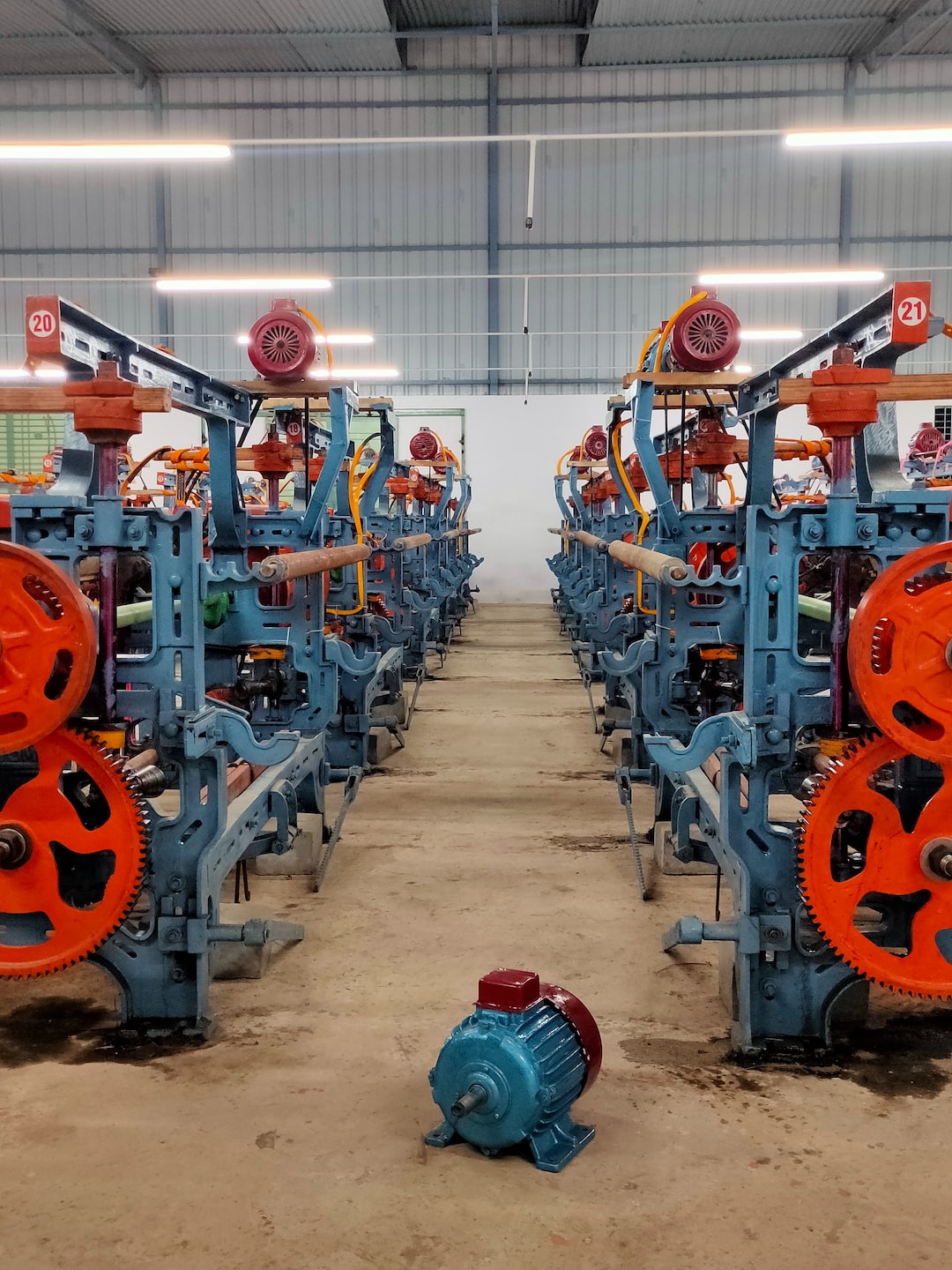Utilizing Cloud Computing for Seamless Collaboration in Manufacturing
In today’s fast-paced and highly competitive manufacturing industry, companies are constantly looking for ways to improve efficiency and productivity. One such way is through the implementation of cloud computing, which has revolutionized the way businesses collaborate and share information. By leveraging the power of cloud computing, manufacturers can streamline their operations, reduce costs, and ultimately, gain a competitive edge in the market.
Cloud computing offers a secure platform for storing and accessing data, as well as various applications and tools that facilitate collaboration among team members. Gone are the days of relying on physical infrastructure and traditional communication methods, as the cloud enables real-time access to information from anywhere, at any time. This level of accessibility is particularly beneficial for manufacturers who often have teams spread across different locations or even countries.
One of the key advantages of cloud computing in manufacturing is the ability to synchronize and consolidate data. By centralizing all relevant information in the cloud, employees can easily access and share critical data such as product designs, technical specifications, and production schedules. This reduces the risk of miscommunication or errors that occur due to outdated or incomplete information. Additionally, real-time synchronization ensures that everyone is working off the most recent version of the data, avoiding the need for time-consuming manual updates.
Collaboration tools offered by cloud computing platforms further enhance communication and teamwork within manufacturing teams. Features such as instant messaging, video conferencing, and document sharing facilitate seamless communication, regardless of physical location. This is particularly important in an industry that relies heavily on cross-functional collaboration between engineers, designers, production managers, and quality control specialists. With cloud-based collaboration tools, these individuals can easily collaborate on projects, share insights, and make informed decisions collectively, ultimately speeding up the production process.
Another significant advantage of cloud computing in manufacturing is the scalability it offers. As businesses grow and evolve, their computing needs also change. Traditional on-premises infrastructure may require costly upgrades or additional hardware to accommodate increased data storage requirements. In contrast, cloud computing allows manufacturers to scale their resources up or down as needed, without the need for significant upfront investments. This flexibility enables manufacturers to adapt to changing market conditions and customer demands more rapidly, maintaining a competitive edge in an increasingly dynamic industry.
Furthermore, cloud computing provides manufacturers with improved data security. Data breaches and cybersecurity threats have become a serious concern for businesses in every sector, including manufacturing. Cloud service providers invest heavily in state-of-the-art security measures and infrastructure to safeguard their customers’ data. This helps manufacturers to mitigate the risk of data loss, unauthorized access, and other security breaches. Many cloud platforms also offer advanced authentication methods, encryption, and regular backups to ensure data integrity and protection.
Cloud-based analytics and machine learning tools also offer manufacturers valuable insights into their operations. By analyzing vast amounts of data collected from various sources, these tools can identify patterns, trends, and potential areas for improvement. For example, predictive analytics can help manufacturers forecast demand and optimize their supply chain, reducing inventory costs and ensuring efficient production. Ultimately, these insights allow manufacturers to make data-driven decisions, optimize processes, and improve overall operational efficiency.
In conclusion, cloud computing has brought about a paradigm shift in the manufacturing industry. By leveraging cloud-based solutions, manufacturers can streamline collaboration, improve communication, and access data in real-time, regardless of physical location. The scalability, data security, and analytical capabilities offered by cloud computing further enhance the efficiency and competitiveness of manufacturing operations. As the industry continues to evolve, embracing cloud computing will be crucial for manufacturers to stay ahead of the game and thrive in the digital era.

